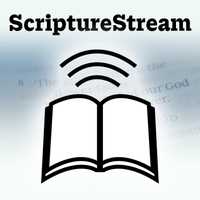- The first opposition (Exodus 5-6)
- “Who is the Lord?” (Exodus 5:2)
- God repeatedly tells him. Exodus 7:17. See also Exodus 7:5; 8:10, 22; 9:14, 29; 11:7; 14:4, 18.
- God will trample Pharaoh’s pride. See Exodus 9:16, quoted in Romans 9:17. Also compare II Chronicles 32:13-19.
- Proverbs 30:9
- God deals with a fledgling faith (Exodus 5:20-6:13)
- Pharaoh forced the people to gather their own straw for the bricks. The people had seen the signs (Exodus 4:30-31), but this added burden was enough to cause the people to turn on Moses and Aaron (Exodus 5:20-25).
- God’s response:
- Patience: He does not punish Moses or the people at this point.
- He provides His word as assurance. He explains (again) what the future holds.
- “By my name, LORD” (Exodus 6:3)
- God had appeared to the patriarchs as “God Almighty” (Hebrew: El Shaddai), but now emphasizes a new name: “LORD” (Hebrew: Yahweh).
- In Exodus, God repeatedly says, “I am the LORD” and refers to Israel as His people. Exodus marks a turning point in Israel’s relationship with God as He takes special care of them.
- It’s remarkable that in comparison to Abraham, Isaac, Jacob, Joseph, and Moses, God has provided “something better for us” (Hebrews 4:10).
- I John 3:2
- “Who is the Lord?” (Exodus 5:2)
DW
March 26, 2017
For further study, see also:
Questions or comments? Join our Discord server for further study.
